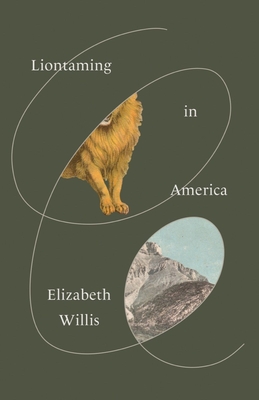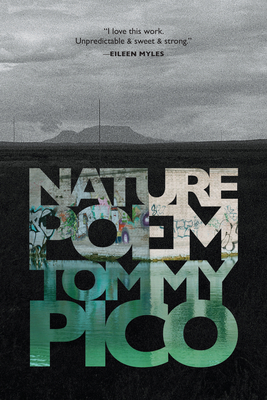
LONGLISTED FOR THE 2024 NATIONAL BOOK AWARD FOR POETRY
"To disrupt the relationship of predator and prey, to reshape one's relation to power, is to renovate the lived and living world," Elizabeth Willis writes in her visionary work that delves deep into the ancient enchantments and disciplinary displays of the circus. Liontaming in America investigates the utopian aspirations fleetingly enacted in the polyamorous life of a nineteenth-century Mormon community, interweaving archival and personal threads with the histories of domestic labor, extraction economies, and the performance of family in theater, film, and everyday life.
Lines reverberate between worldliness and devotion, between Peter Pan and Close Encounters, between Paul Robeson and Maude Adams, between leaps of faith and passionate alliances, between everyday tragedy and imaginative social possibility. As Willis writes in her afterword to the book, "The repeated unmaking and remaking of America, as a concept and as an ongoing textual project, is not impossible. It is happening all the time."







